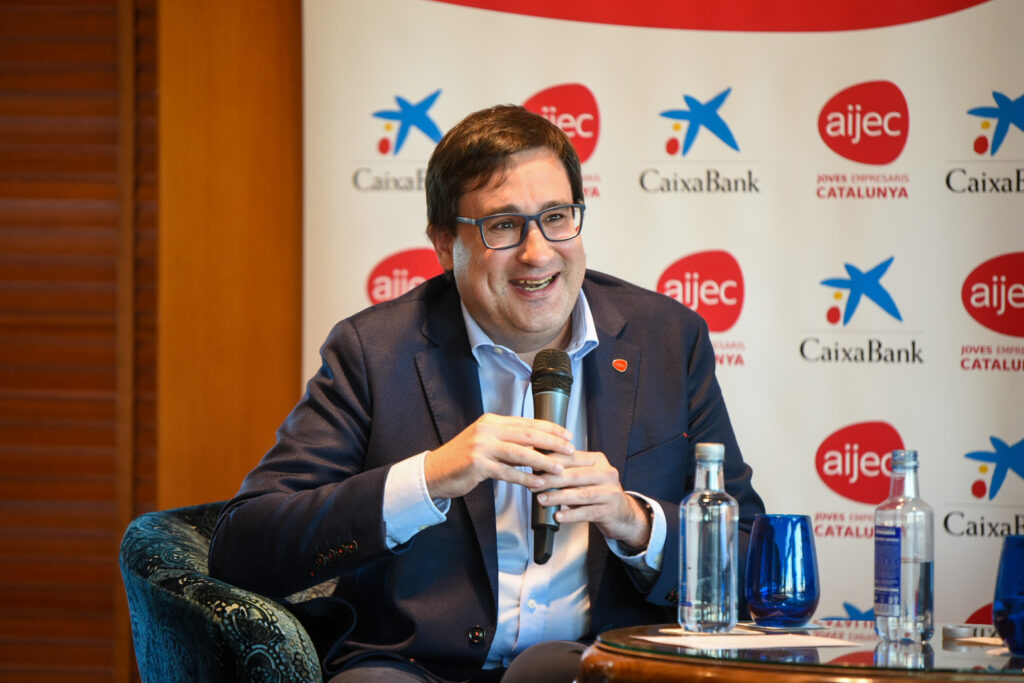
The president of AIJEC, Rubén Sans, has been invited by the European Union (EU) and the Organization for Economic Cooperation and Development (OECD) to represent Spain at the Youth Entrepreneurship Policy Academy (YEPA) . This new commission has been created to encourage young entrepreneurship in Europe and raise awareness among the governments of the 27 countries about the obstacles faced by entrepreneurs on their business journey. Among YEPA’s objectives is also the promotion of entrepreneurship policies that do work in Europe for the creation of mechanisms that stimulate the creation of young entrepreneurship networks in Europe.
To do this, the commission will gather the chosen representatives this Thursday and Friday in Brussels in the first of the meetings scheduled for the next three years. From here it is planned to hold multiple forums on topics such as access to finance, entrepreneurial skills and mindsets, policy design and implementation or social entrepreneurship. At the end of the meetings, in 2025, it is planned to present the conclusions and the final report in Brussels.
A maximum of five representatives from each country will participate in the YEPA, including governments, experts and young entrepreneurs. And in the case of Spain, Sans has been chosen to be the voice of young entrepreneurs in Brussels. The president of AIJEC is a founding partner of Elstir technology and at an institutional level he is also vice-president of Labor Promotion and vice-president of the Spanish Confederation of Young Entrepreneurs Associations (CEAJE).
Sans affirms that young talent “is the main engine of change in the economy” and that in order to consolidate an economic model of the future “it is essential to give more social prestige to the entrepreneurial initiative of young people”
In this regard, according to EU data, in the third quarter of 2022, 15% of young Europeans aged between 15 and 24 were unemployed. In addition, although almost 50% of young people show an interest in starting a business, only 7% succeed. From Brussels they admit that this gap can be explained, in part, by the barriers that young people encounter in creating companies.